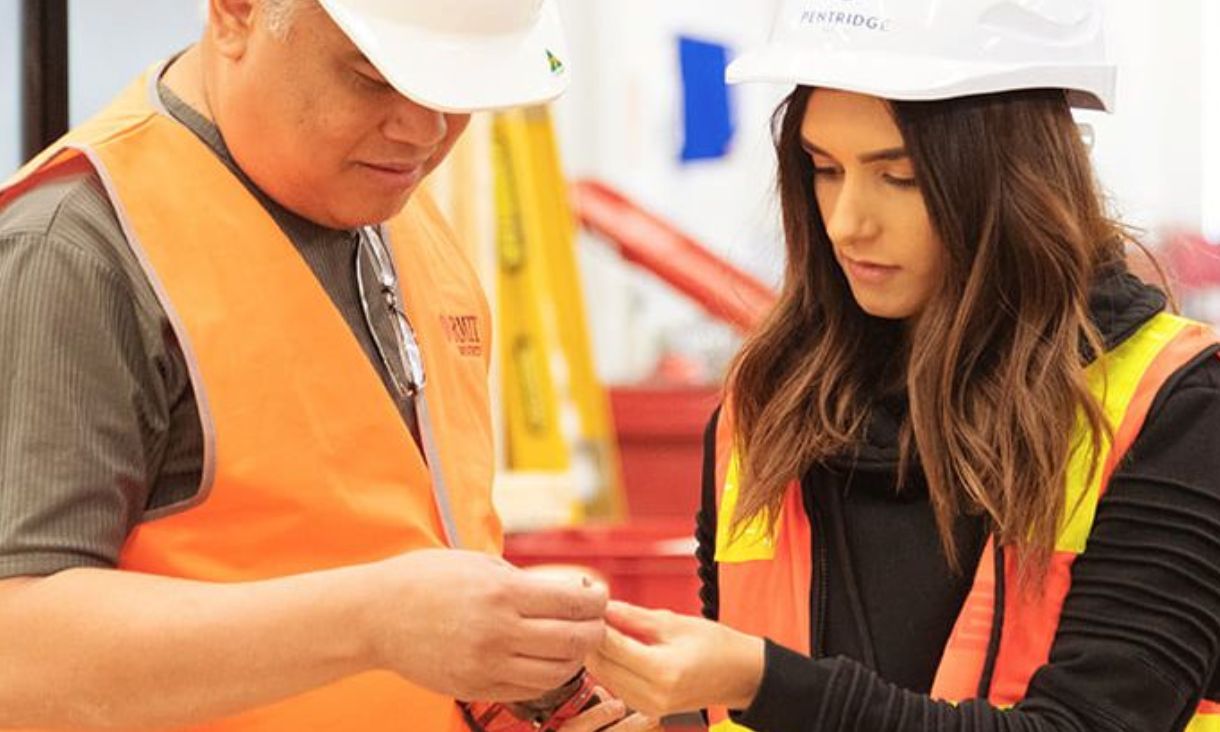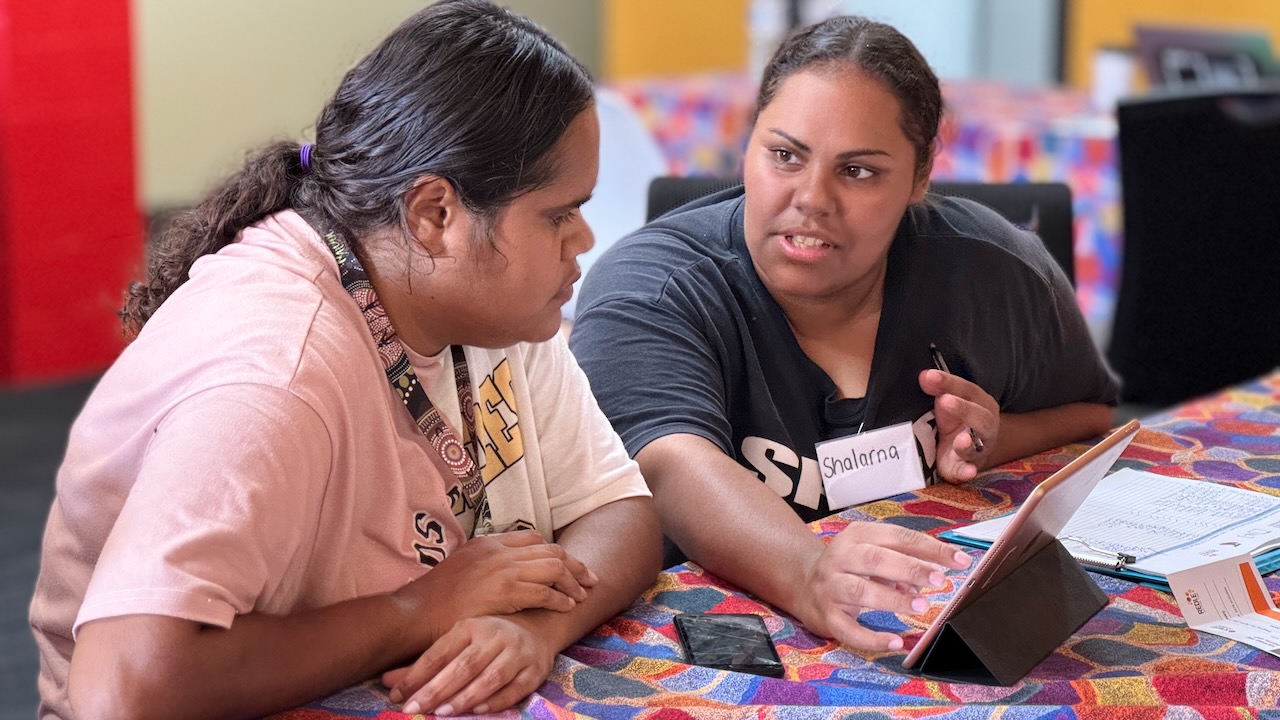Funding of $6 million to support RMIT research to measure First Nations digital inclusion
The announcement is part of the Australian Government’s plan to invest $68 million to narrow the digital gap by supporting more First Nations communities to access the internet.
World-first green hydrogen innovation wins prestigious Climate Innovation Challenge
South East Water and RMIT University's ground-breaking method for producing green hydrogen from solar energy and recycled water has won the 2024 Water Minister’s Climate Innovation Challenge.
Transforming construction health and safety with SHINe
RMIT has launched the Safety and Health Innovation Network (SHINe), an industry-led collaborative research funding model to identify and tackle problems across the construction industry.
Internet use grows in remote First Nations communities, but cost still a barrier
A new report shows internet access in Australia’s remote and very remote communities improved in the past two years as 4G, Wi-Fi and satellite infrastructure is bolstered across regional Australia.
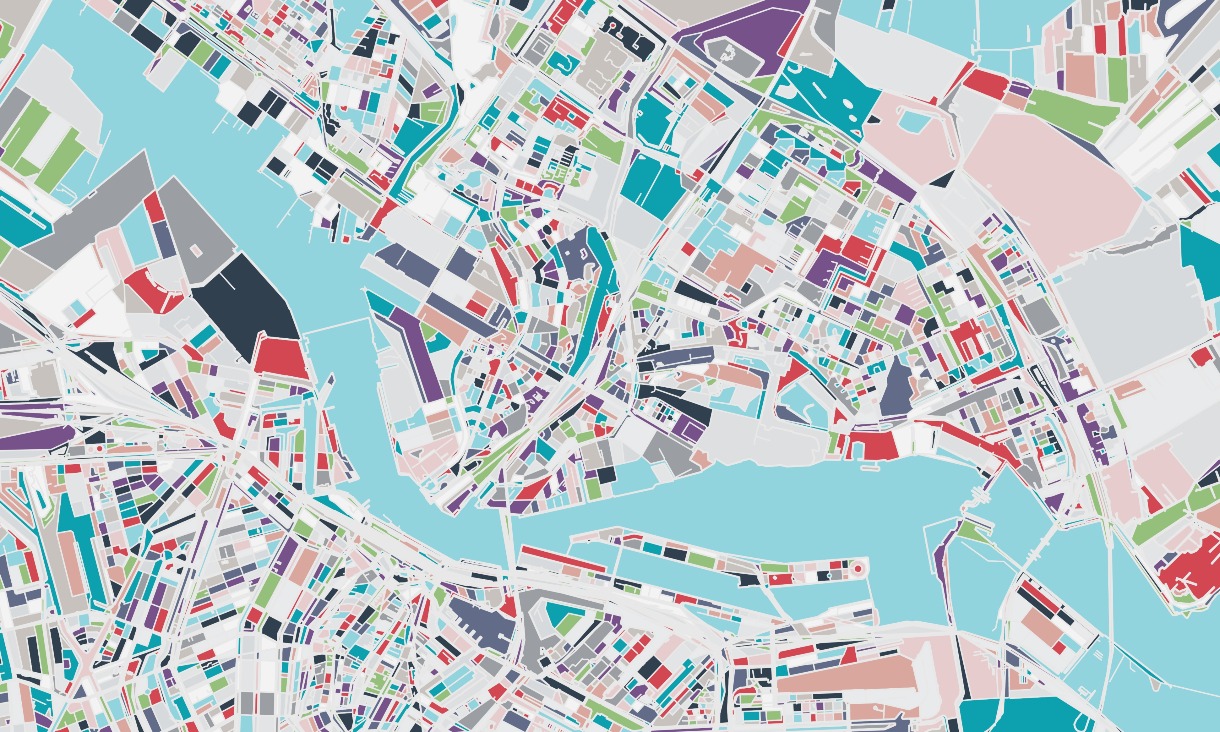
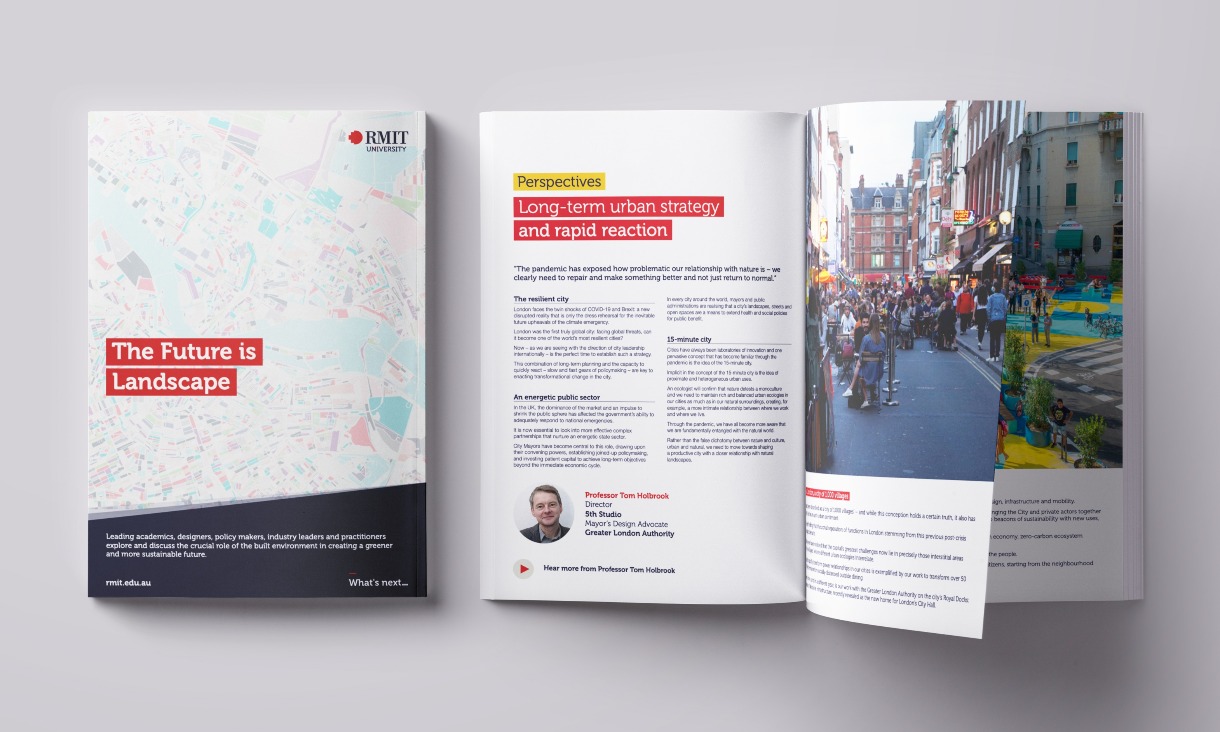
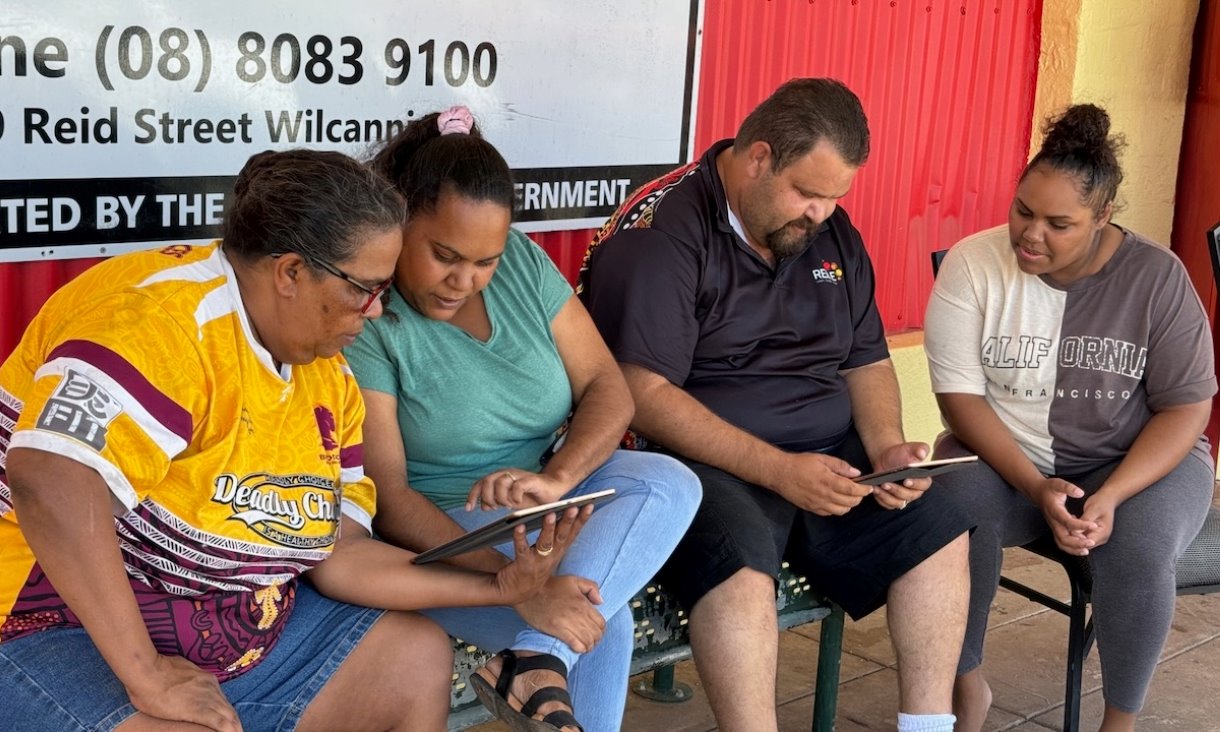
.jpg)
